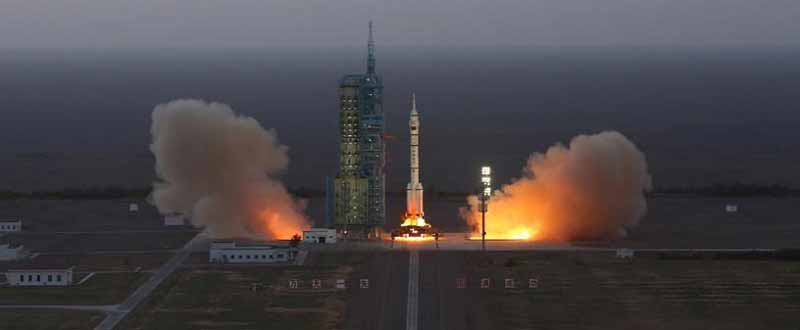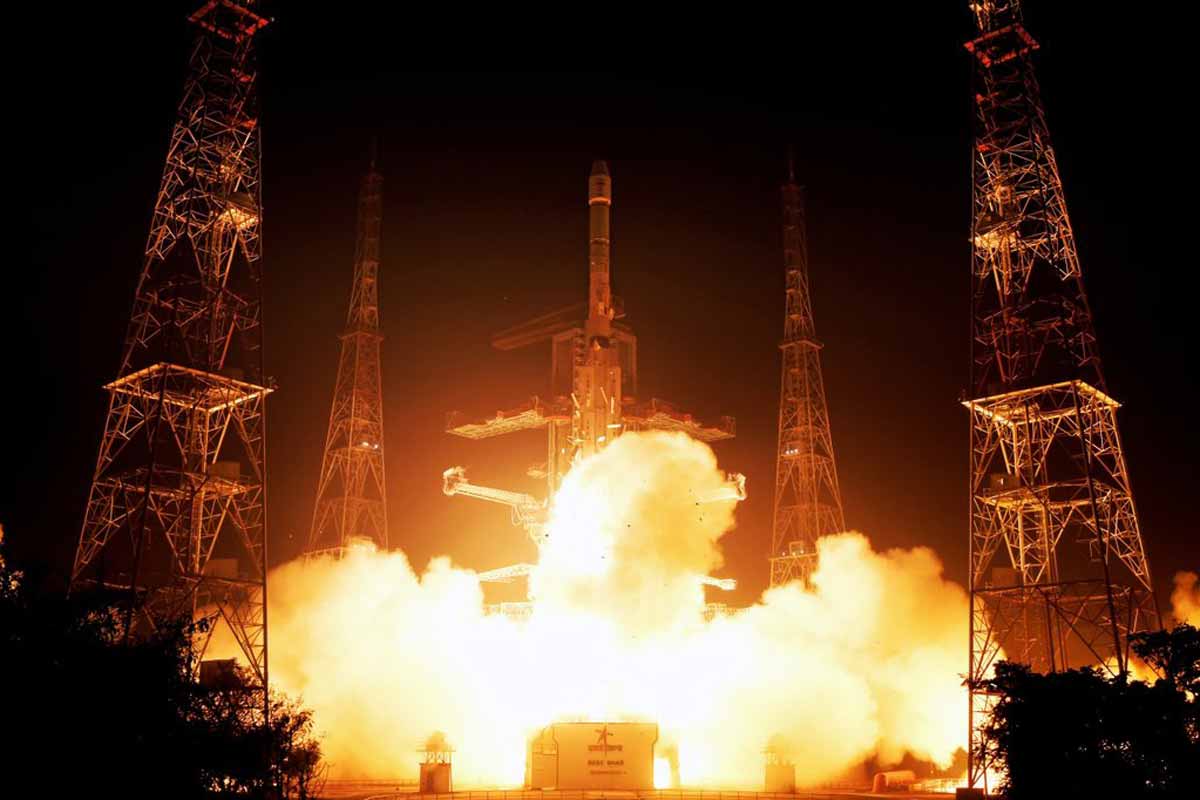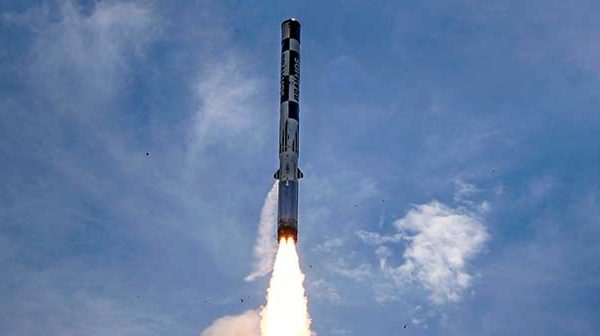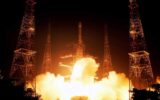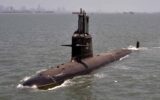Asia’s largest economy China has moved a step closer to establish its permanent space station by 2022. China Monday launched a spacecraft carrying two astronauts, in its longest-ever manned space mission. The astronauts will later join its second experimental space lab orbiting the Earth.
Chinese astronauts Jing Haipeng, 50, and Chen Dong, 37, were blasted off into space by Shenzhou-11 spacecraft at 7:30 am local time from the Jiuquan Satellite Launch Centre near the Gobi Desert in northern China. The launch was telecast live by the state broadcaster CCTV.
The Shenzhou-11 was put into orbit by a Long March-2F carrier rocket.
It will dock with orbiting space lab Tiangong-2 in two days and the astronauts will stay in the lab for 30 days, Wu Ping, Deputy Director of China’s manned space engineering office said.
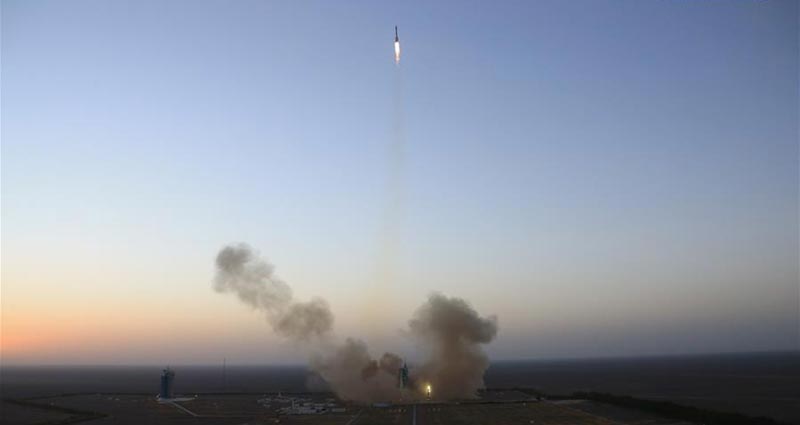
The Long March-2F carrier rocket carrying China’s Shenzhou-11 manned spacecraft blasts off from the launch pad at the Jiuquan Satellite Launch Center in Jiuquan, northwest China’s Gansu Province, Oct. 17, 2016. Photo courtesy: (Xinhua.
It will be Jing’s third spaceflight following his Shenzhou-7 mission in September 2008 and Shenzhou-9 mission in March 2012.
“(For this mission) we have improved our ability to deal with emergencies, first aid and space experiments,” Jing was quoted as saying in Chinese media reports.
“I will treasure every moment in space and ensure I record my experience in my diary and enjoy the out-of-this- world scenery,” said Chen before leaving for his first space mission.
China, which conducted its first manned space mission in 2003, is putting in billions into its space programme in a bid to catch up with the US and Europe. It also plans to launch its maiden Mars mission in 2020 to match India and others.
China has said its space programme is for peaceful purposes, but it has also tested anti-satellite missiles in addition to its civilian aims.
The Shenzhou-11 spaceship will return to Earth within a day after docking the two astronauts on Tiangong-2 space lab and separating from it, Wu said.


